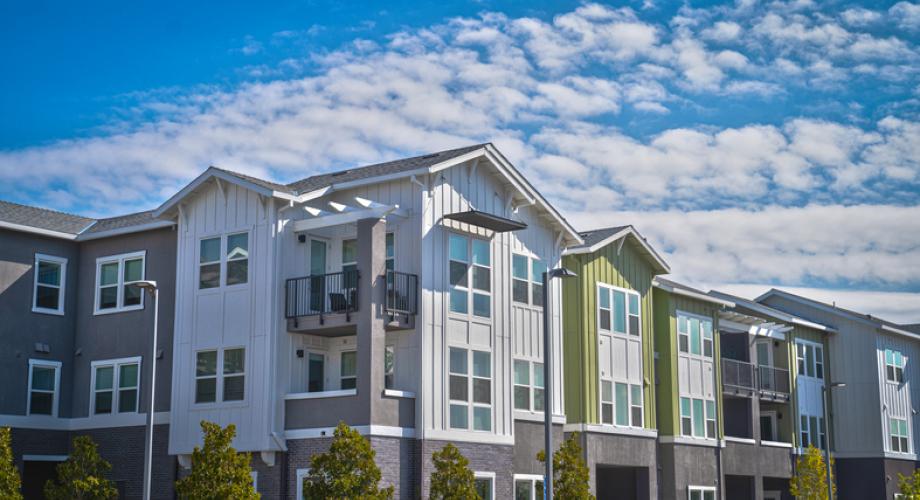The Tenant Opportunity to Purchase Act (TOPA) has its roots in 1980 when Washington, D.C. became the first city to enact its onerous provisions. Now that decades of undersupply have been artificially inflating the cost of housing, local lawmakers have regained interest in adding new regulations that were once agreed to be ineffective at best or harmful at worst. These include restrictions on screening, rent control and TOPA.
Also known as the Community Opportunity to Purchase Act (COPA) or simply the Opportunity to Purchase Act (OPA), this type of legislation requires that rental property owners who decide to sell their building must first offer the sale to current residents. In action, TOPA can translate to months or years of added wait or negotiation times before the deal can be finalized or, worse, fall through. Recent reporting from the National Apartment Association (NAA) details the pitfalls of Washington, D.C.’s complex law.
The city of East Palo Alto narrowly defeated their own OPA ordinance on December 5, 2023. This legislation would have required up to three months of negotiations between property ownership and residents before the building could even be listed for sale.
Despite this specific law’s favorable outcome, this ordinance represents a trend across the country. NAA research has uncovered at least nine of the country’s largest local jurisdictions with TOPA or related laws. Baltimore, Md. became the most recent addition to this list after its law was passed in October 2023. Lawmakers and advocates have shown interest in passing TOPA in places from Massachusetts to Berkeley, Calif.
NAA continues to support its state and local affiliate partners in their advocacy against irresponsible housing policies and instead for ones that protect the nation’s rental housing stock and promote housing affordability solutions for the long-term.
For more information about TOPA, please contact Joe Riter, Senior Manager of Public Policy.
